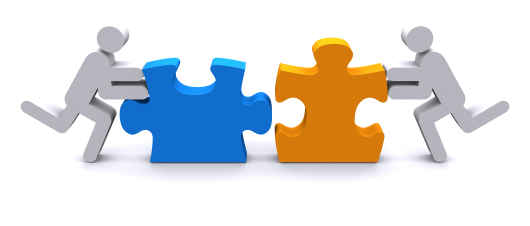We all have them with everything we do. We start out with the best of intentions. But something gets in the way. And soon, our bad habits stand in the way of us achieving the kind of results we’ve always desired.
Yes, I could be talking about anything. After all, how many of us really want to stick with that diet we started when fresh baked chocolate chip cookies are put in front of us?
When it comes to playing the piano, we all start out with the best of intentions. After all, the goal is to play beautiful music with one of the most versatile instruments around.
But like all great intentions, things can go array. And before long you may be finding yourself dreading practice, questioning why you ever wanted to play the piano in the first place.
Problems with practicing the piano usually fall into one of several categories:
- Timing issues
- Playing issues
- Goals
Timing
Playing the piano means practice. If you don’t set up a routine to practice on a consistent basis, you will never improve your skills. One of the most common bad habits is not incorporating practice into your weekly routine. Its easy to “get busy” and have something else take its place. But if the piano is truly important in your life, the only way to make it happen is to practice on a regular basis. While it doesn’t have to be every day at a certain time, you should be able to carve out time every week. Once you find a routine that works for you, stick with it and make it a priority. When you see the results, you’ll be more likely to keep the pattern.
Playing
Many people try and learn piano on their own. They watch a few videos, read a book or two, or refer back to lessons they’ve had in the past. The problem with doing things on your own is you may not be doing things the right way. If your posture is wrong, it may be causing problems with your arm or hand movement. If you don’t understand the music, you may be playing with the wrong tonal quality. With every task you do, every new hobby you try, the only way to perfect it is through practice and critique. A piano teacher’s job is to give critique; to help you through the bad habits and turn them into good. If you’ve been stuck for a while, it may be a simple “a-ha” moment that can help you make a few leaps.
Goals
When it comes to playing the piano, is it simply to play a piece of music, or enjoy playing a piece of music? If your goal is to simply play it, the enjoyment may be lost. You practice to get the notes right, playing it through again and again to make it from beginning to end.
Music should never be approached in this manner. It doesn’t matter the difficulty of the piece of music, how many songs you can learn in a period of time, or how quickly you advance into difficult pieces. Instead, its about letting the music flow through you. When you “feel” the music, it accomplishes a lot. It gives you enjoyment, it takes away stress, it fills you with a sense of accomplishment. Take a look at your true goals; are they on target to enjoy the music you make? Do you have the things necessary to make this a reality?
Whether its trying a new song, or creating a new music room that will allow you to play to your full potential, without the right goal in mind, you may just be setting yourself up for failure.

